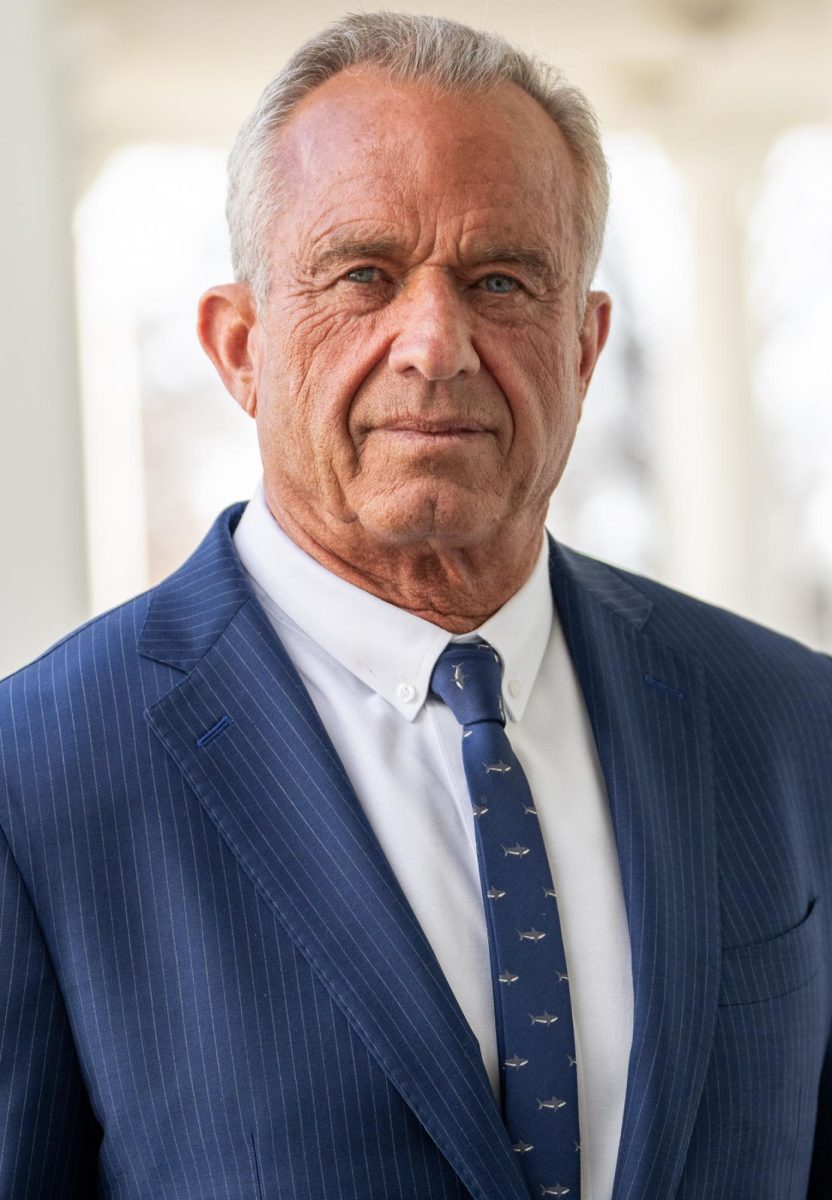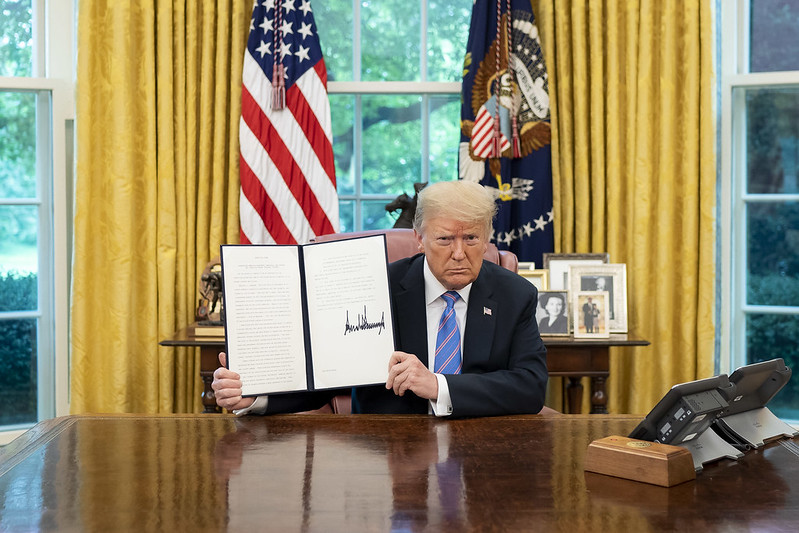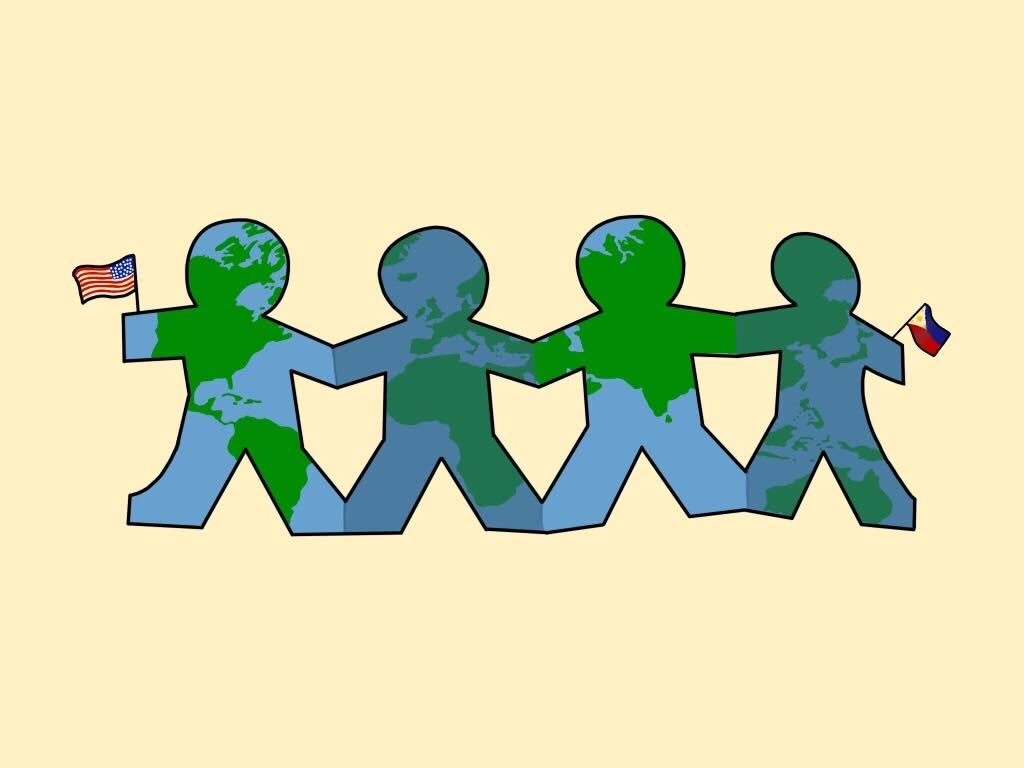I was spurred into writing this letter by a Letter to the Editor published in last week’s News about anti-Semitism by Andrew Melillo. I won’t delve into his arguments or the comments, and therefore the author’s subsequent responses for time’s sake, and I encourage people who have not yet read the letter to take the time to do so before reading my response. My real concern, as I commented on his letter, was his use of the memory of the Holocaust to further his point. I think all people can agree that the slaughter of people targeted solely for their religious beliefs is an atrocity that cannot be forgotten, and especially not treated lightly. I am admittedly agnostic, and do not associate with any faith, but I do have family and loved ones who are Jewish, some of whose families have suffered directly because of the Holocaust and also collectively as members of the Jewish faith.
The comment that has thus offended me is: “Let us remember what resulted the last time the Jewish people were specifically targeted for their culture and faith”. It was written in response to a ‘Zionism is Racism’ sticker posted on the statue of Robert Shillman, who is a Jewish alumnus of Northeastern. Although he failed to mention it by name the intent was obvious, it was meant to play on the fears of, yes, the Jewish community, but people in general. By trying to incite fear through his disrespectful reference to this event, he not only cheapened his argument, but also disrespected those who have suffered because of this event. The reference also completely ignores those who were persecuted simply because they were also considered inferior, whether it was the Romanians, Slavs, the mentally disabled and handicapped, homosexuals and transsexuals, people of color, the mentally ill and numerous others. The Holocaust was a human tragedy, something that must never be repeated, but referencing it when anyone disagrees with an Israeli policy or even a statement made by a Jewish person is simplistic and offensive. Unfortunately it has become far too common in public discourse. There should be a clear distinction between raising awareness of this event and using it as a scare tactic to stall ‘meaningful discussion’. A person does no one any favors by abusing this tragedy, instead they drain it of its meaning – by employing it as a common response it numbs people’s reaction to it. Instead of connecting with the cruelties suffered by millions of people, it becomes instead a tactic used to further an agenda.
What I am saying, simply, is this: The memory of the Holocaust is not a tool to be used; it is an event that all people must look at and say “never again.” But, by stoking fears and creating enmity between people, you are not moving towards a brighter future, you are simply dragging us all backwards.
– Alexis Kroot is a middler International Affairs major and History minor. She is currently on co-op at the Issam Fares Institute in Beirut, Lebanon.









